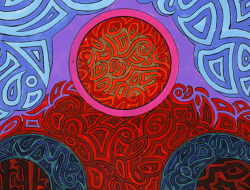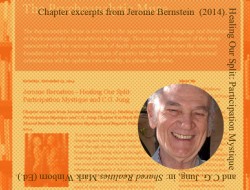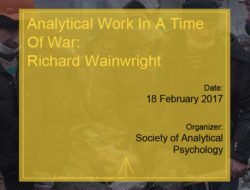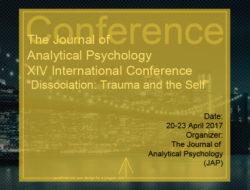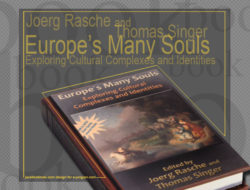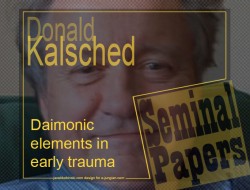photo source: Poland for Your Eyes blog
In her latest blog post Malgorzata Kalinowska reflects on cultural remembering of traumatic experiences, with its dimensions on the one hand embracing the excess of memory and obligation to remember, on the other, the empty spaces in cultural psyche being the result of traumatic times. She poses the question whether cultural remembering leads to leads to connecting or disconnecting to the painful past, and how/whether the past influences and shapes the everyday life of people living within traumatized cultures. Having Polish example of cumulative trauma of XXth century in mind she looks for the attitude, that could both allow to relate to current social dynamics and at the same time to touch traumatic voids and hauntings which are sensed rather that thought of.
From the blog:
Traumatic experience is sometimes described as the death of time (Connolly, 2011) (history without memory, history as abstract dead facts, and a memory without history, purely subjective, mythical and therefore ineffective for the creation of meaningful narratives) and death of language (“the occurrence of totally senseless events – events that have no explanation, indeed cannot be explained” (Grubrich-Simitis, 1984)). Trauma shuts down the narrative, makes the experience frozen, out of its individual and cultural context (Laub, 2012). It haunts the psyche (Schwab, 2010; Abraham&Torok 1994), creates within it the crypt, within which traumatic experience remands „unclaimed” by no one, unknown and unknowable.
Thinking about this psychological definitions one can wonder whether it is enough to remember the past historically – as a set of given events („abstract dead facts”), depending in their interpretations on the current politics. History as such describes a „claimed” experience, the experience we can admit to and include through our social narrative into cultural identity. But what about the „unclaimed” experience, the one about which Carl Gustav Jung beautifully says in „Civilization in Transition” that it eludes the enquiring eye of the historian and is deeply buried, experienced by all and observed by none. He describes it as a secret psychic attitude unknown even to the individual himself, and transmitted by no historian (Jung, CW10). Who or what remembers this unclaimed experience when we are unable to? Do the walls and places remember when we fail to?
Malgorzata Kalinowska – Jungian psychoanalyst, IAAP and Polish Association for Jungian Analysis member. Malgorzata studies dynamics of cultural trauma and its relationships to an individual development with the special reference to collective memory and cultural identity.
Read the post at the author’s blog: „Culture and Trauma”
Tags: cultural trauma, trauma












